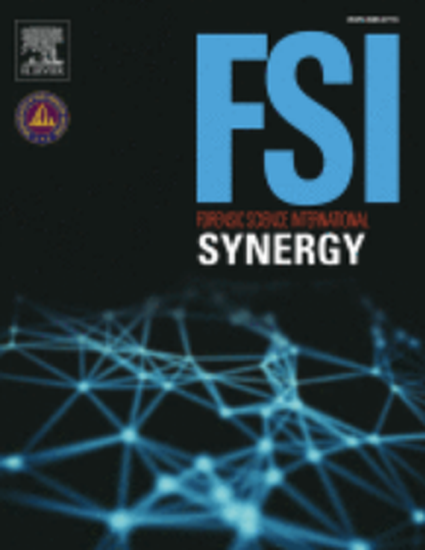
Article
A synthesis of carcass decomposition studies conducted at a tropical (Aw) taphonomy facility: 2013–2022
Forensic Science International: Synergy
(2023)
Abstract
Decomposition studies have been conducted in several regions of the world, but relatively few have investigated taphonomy in tropical environments. Even fewer have explored carcass decomposition during multiple tropical seasons, leaving the relationships between season and decomposition in tropical environments poorly understood. Ten decomposition studies using 30 carcasses were conducted in Honolulu, Hawaii, USA to start addressing this knowledge gap. These studies show that some postmortem processes were observed regardless of season. Carcass temperature and chemistry were spatiotemporally variable. Fly larval masses were consistently observed within 3 days (∼75 ADD) postmortem and carcasses lost 60%–90% of mass by 10 days (∼250 ADD) postmortem (Total Body Score ∼26). Season had a significant effect on decomposition, yet the warmest and most humid seasons did not always result in the most rapid and extensive decomposition. Seasonal variation appears to be less pronounced than at other tropical decomposition sites.
Disciplines
Publication Date
August, 2023
DOI
https://doi.org/10.1016/j.fsisyn.2023.100345
Citation Information
David O. Carter, Adam Orimoto, Carlos A. Gutierrez, . ..., et al.. "A synthesis of carcass decomposition studies conducted at a tropical (Aw) taphonomy facility: 2013–2022" Forensic Science International: Synergy Vol. 7 (2023) Available at: http://works.bepress.com/katelynn-perrault-uptmor/1/
